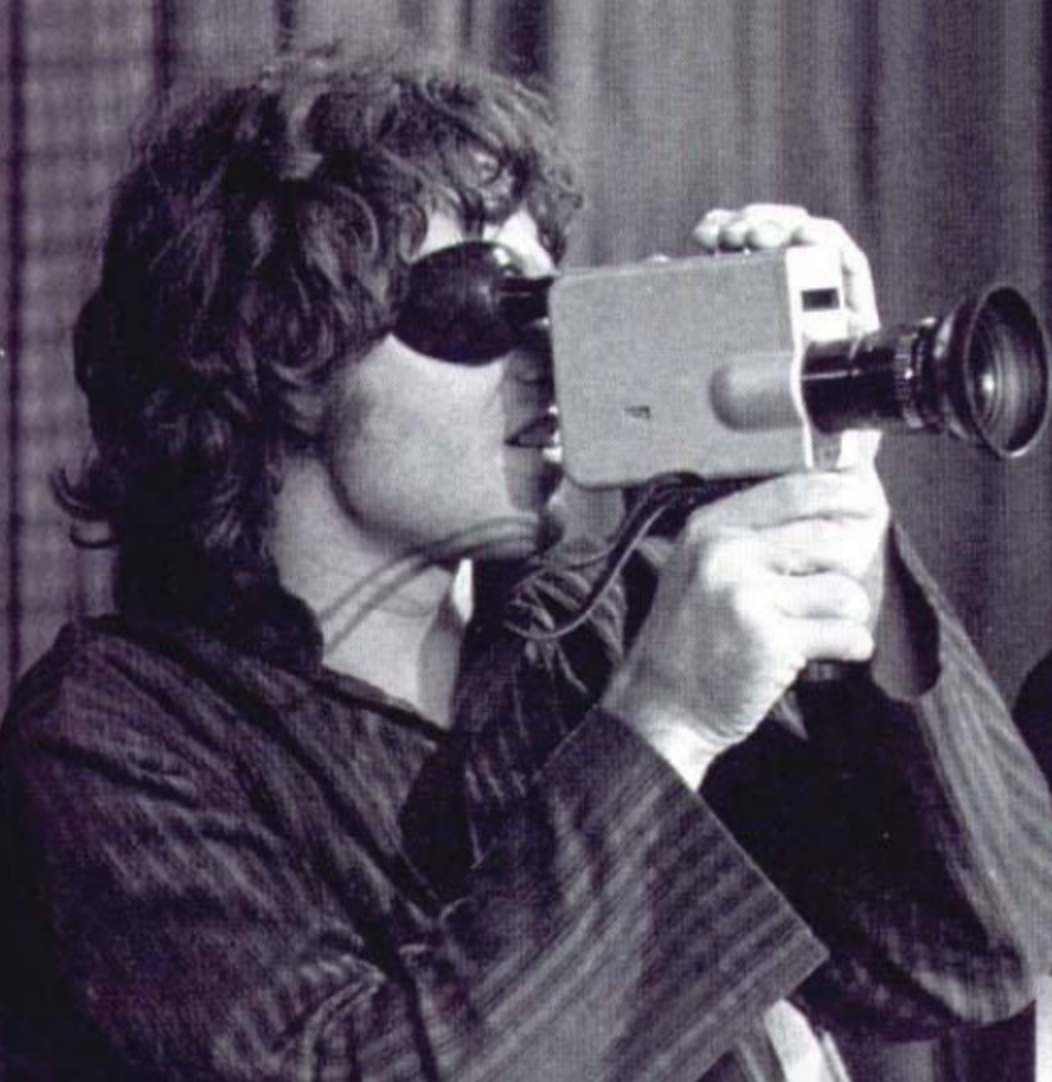
Jim Morrison’s Hidden Passion: Why the Legendary Rock Icon Considered Leaving Music to Pursue a Career in Filmmaking
Jim Morrison, the enigmatic frontman of The Doors, is widely celebrated as one of the most influential rock icons of all time. Known for his poetic lyrics, electrifying stage presence, and rebellious spirit, Morrison left an indelible mark on the music industry. However, behind his larger-than-life persona and musical genius, he harbored a deep fascination with filmmaking—an obsession so profound that he seriously contemplated leaving music to explore a career in cinema.

Morrison’s love for film was not a fleeting interest; it was an artistic passion that predated his rise to fame. Before forming The Doors in 1965, Morrison studied film at the University of California, Los Angeles (UCLA), where he immersed himself in avant-garde cinema and experimental storytelling. His time at UCLA’s film school shaped his artistic sensibilities, exposing him to the works of visionaries like Jean-Luc Godard, Federico Fellini, and Orson Welles. These influences were evident in his music, which often carried a cinematic quality, blending haunting narratives with striking imagery.
Despite The Doors’ meteoric success, Morrison often expressed dissatisfaction with the constraints of the music industry. He viewed rock and roll as an artistic medium but saw filmmaking as a more profound form of expression—one that allowed for deeper storytelling and philosophical exploration. In several interviews, he hinted at his desire to step away from the spotlight of rock stardom to focus on directing and producing films. His bandmates and close associates recalled how Morrison would spend hours discussing film theories, scripting experimental projects, and envisioning a future where he could merge his poetic storytelling with moving images.
Morrison’s directorial aspirations were not merely speculative. In 1969, he co-directed *HWY: An American Pastoral*, an experimental film in which he also starred. The project, featuring dreamlike sequences and abstract storytelling, reflected Morrison’s unconventional approach to filmmaking. Though the film never achieved mainstream recognition, it provided a glimpse into his artistic ambitions beyond music.
By the early 1970s, Morrison’s frustrations with the rock industry grew, further fueling his desire to transition into film. He relocated to Paris in 1971, hoping to find inspiration and possibly embark on a new creative journey in cinema. However, his untimely death at the age of 27 tragically cut short any plans he might have had for his future in filmmaking.
While Morrison is eternally remembered as a rock legend, his passion for film remains an essential part of his artistic legacy. His dream of becoming a filmmaker may have been left unfulfilled, but his music continues to resonate with the cinematic depth and poetic storytelling that defined his cre
ative soul.
Leave a Reply